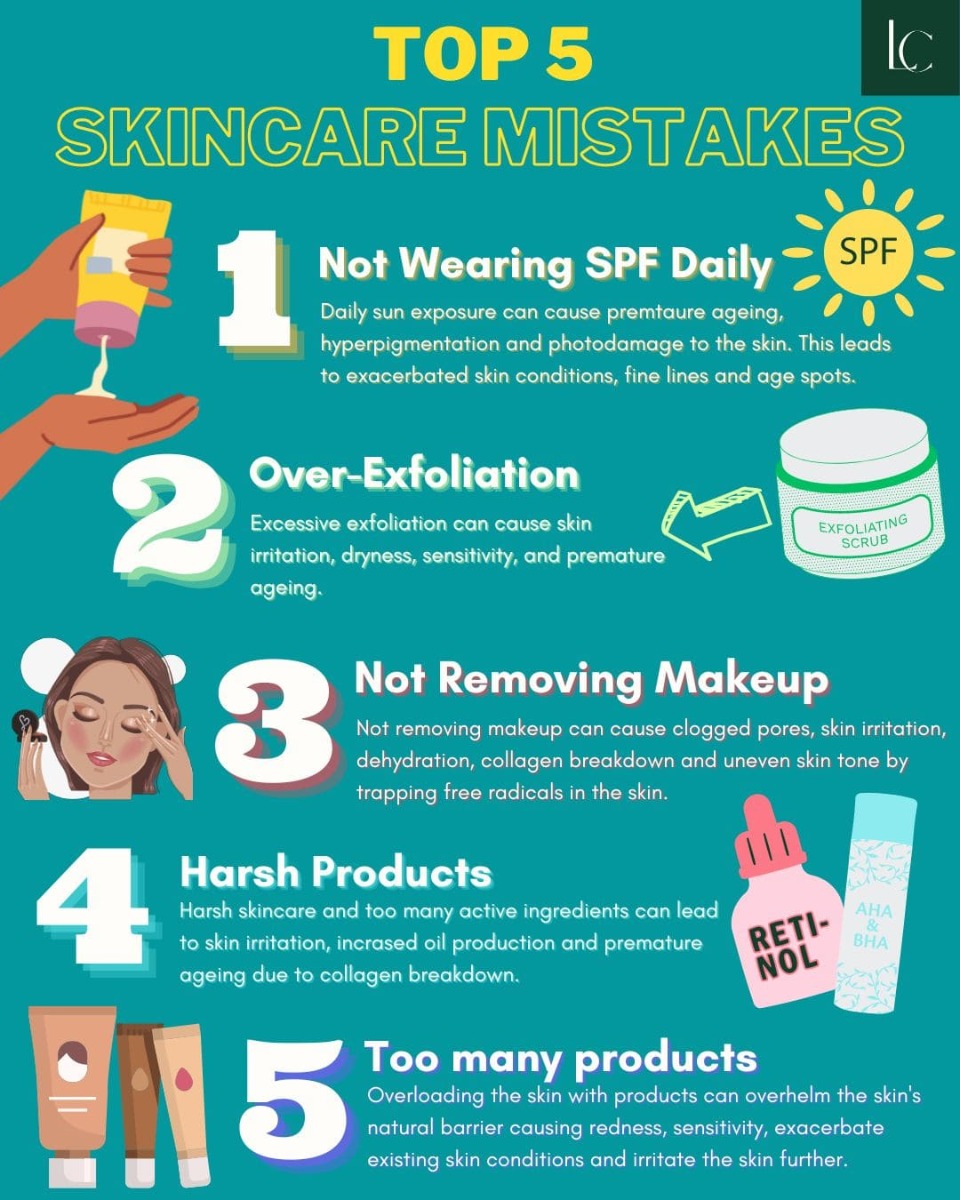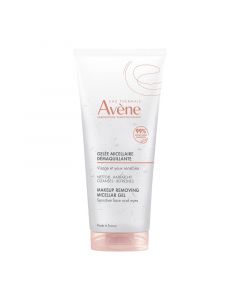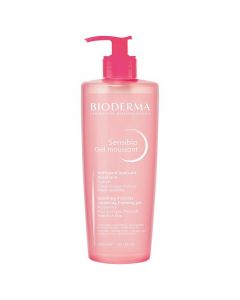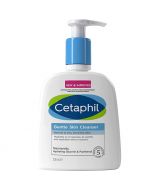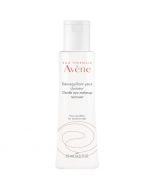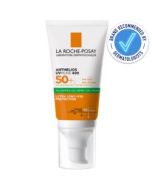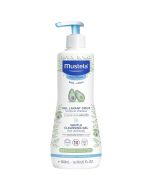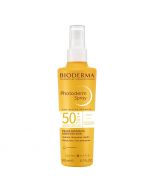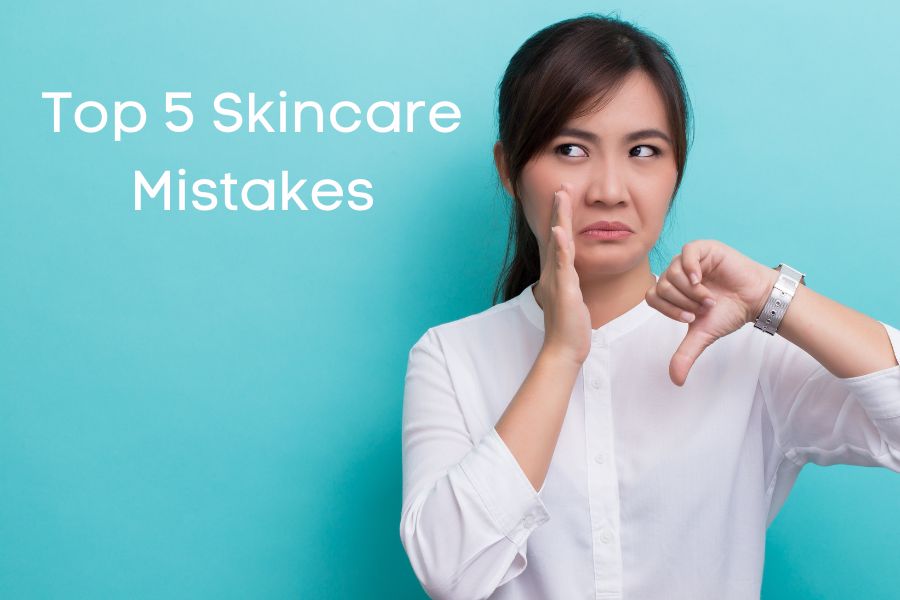
Top 5 Most Common Skincare Mistakes To Avoid
No matter if you're using the perfect skincare products and following a 10-step skincare regime, it won't have the desired effect if you're committing certain skincare crimes.
This blog goes into the top 5 skincare errors people are making, why they are bad for your skin and how they can be resolved.
1. Not Wearing SPF Daily
According to a study by Medino, 77% of UK residents over the age of 18 don't wear sun cream to protect themselves against the sun's UV rays.
Premature aging
Daily sun exposure without SPF as well as burning regularly can lead to premature aging signs, such as wrinkles, fine lines, and age spots. UV rays from the sun break down collagen and elastin in the skin, contributing to a loss of elasticity and firmness.
Risk of hyperpigmentation
Sun exposure can lead to the development of dark spots and uneven skin tone, particularly in areas with increased melanin production. This condition is known as hyperpigmentation.
Photo damage
Prolonged exposure to the sun without SPF can cause photo damage, which refers to damage to the DNA in skin cells. This damage may not be immediately apparent but can accumulate over time, leading to long-term skin problems.
Aggravation of skin conditions
Conditions like acne, rosacea, and eczema can be exacerbated by sun exposure without proper protection.
Solution:
Make it a habit to wear broad-spectrum sunscreen with at least SPF 30, even on cloudy days or when indoors near windows, as UV rays can penetrate glass. By incorporating SPF into your daily skincare routine, you can reduce the risk of sun damage and promote healthier, more youthful-looking skin.
2. Over-Exfoliating
Although it is important to ensure you exfoliate your skin, it is equally as important to only do it 2-3 times a week otherwise skincare issues will develop from over exfoliation.
Irritation and dryness
Excessive exfoliation can cause heightened skin sensitivity, leading to redness, inflammation, and discomfort. It also depletes the skin's natural oils, resulting in dryness and flakiness, which disrupts the skin's moisture balance and hydration.
Increased breakouts
Paradoxically, over-exfoliating can trigger more breakouts. When the skin's protective barrier is compromised, it can lead to an overproduction of oil and sebum as the skin tries to compensate, potentially clogging pores and causing acne.
Accelerated aging
Over-exfoliation can disrupt the skin's collagen and elastin fibers, which are essential for maintaining the skin's elasticity and firmness. This can lead to premature aging signs like wrinkles and sagging skin.
Increased sun sensitivity
Exfoliation can make the skin more vulnerable to UV damage from the sun. Without the protective layer of dead skin cells, the skin becomes more susceptible to sunburn and other forms of photo damage.
Solution:
To prevent over-exfoliation, it’s essential to exfoliate no more than 2-3 times a week, depending on your skin type and the exfoliant you’re using. Additionally, choose a gentle exfoliating product suitable for your skin type and avoid combining multiple exfoliating products at once. Always follow the product’s instructions and pay attention to how your skin responds to avoid any potential damage. If you experience persistent irritation or other skin issues, consult a dermatologist for personalised guidance and recommendations.
3. Not Removing Makeup
According to a poll from 2013, 25% of women admitted to routinely sleeping in their makeup.
Clogged pores
Makeup, along with dirt, oil, and environmental pollutants that accumulate on the skin during the day, can clog your pores and make your skin a breeding ground for bacteria. Clogged pores can lead to blackheads, whiteheads, and acne breakouts.
Skin irritation
Leaving makeup on your skin for an extended period can cause irritation, especially if the products contain harsh or irritating ingredients. This irritation can lead to redness, itching, and sensitivity.
Dryness and dehydration
Certain makeup products, such as long-wear foundations and setting powders, can be drying to the skin. Leaving them on overnight can contribute to skin dryness and dehydration.
Collagen breakdown
Some makeup products, particularly heavy and oil-based ones, can trap free radicals on the skin. Over time, this can contribute to collagen breakdown, leading to premature aging signs like fine lines and wrinkles.
Dull and uneven skin tone
Leaving makeup on overnight can prevent the natural process of skin renewal, leading to a dull complexion. It can also contribute to an uneven skin tone and the development of dark spots or hyperpigmentation.
Puffy eyes and eye infections
Sleeping with eye makeup on, especially mascara and eyeliner, can irritate the eyes and in extreme cases, lead to eye infections when mascara and eyeliner particles get into the eyes.
Solution:
Always take a few minutes to cleanse your face thoroughly and remove all makeup before going to sleep. Use a gentle makeup remover or cleanser suitable for your skin type to ensure your skin stays fresh, clean and free from potential problems caused by leaving your makeup on overnight.
4. Using Too Many Products
In the case of skincare, less is often more with the amount of products you use.
Skin sensitivity and irritation
Overloading your skin with multiple products, especially those containing strong active ingredients, can overwhelm your skin's natural barrier and lead to increased sensitivity, redness, and irritation.
Worsening of skin conditions
Using too many products, especially if they are not suitable for your skin type, can exacerbate existing skin conditions, such as acne, rosacea, or eczema.
Product incompatibility
Some skincare ingredients may not work well together, and using them simultaneously can neutralise their effects or create harmful chemical reactions on the skin.
Difficulty identifying the cause of the issue
When you use too many products, it becomes challenging to pinpoint which one might be causing any negative effects on your skin. This makes troubleshooting and adjusting your routine more difficult.
Solution:
To avoid these problems, consider adopting a more streamlined and personalized skincare routine. Identify the key concerns you want to address and choose products that specifically target those issues. It's generally recommended to have a cleanser, moisturizer, sunscreen (during the day), and a targeted treatment product, such as an antioxidant serum or an acne spot treatment.
5. Using harsh products
Using harsh skincare products can lead to several problems and adverse effects on the skin. Harsh products typically contain potent active ingredients, high concentrations of certain chemicals, or have low pH levels, which can cause various issues.
Skin irritation and dryness
Harsh products can strip the skin of its natural oils and essential moisture. This disrupts the skin's protective barrier, leading to irritation, redness, and sensitivity as well as dryness and flakiness.
Increased oil production and acne
In response to being overly stripped and dried out, the skin may produce more oil to compensate, leading to an oilier complexion. This in turn may trigger or worsen acne breakouts for those with acne-prone skin.
Premature aging
Harsh ingredients and excessive exfoliation can accelerate the breakdown of collagen and elastin, leading to premature aging signs like wrinkles and fine lines.
Solution:
To avoid these problems, opt for gentler skincare products that are appropriate for your skin type and concerns. Look for products with a balanced pH and avoid ingredients like alcohol, fragrances, and certain harsh chemicals if your skin is sensitive or prone to irritation.
